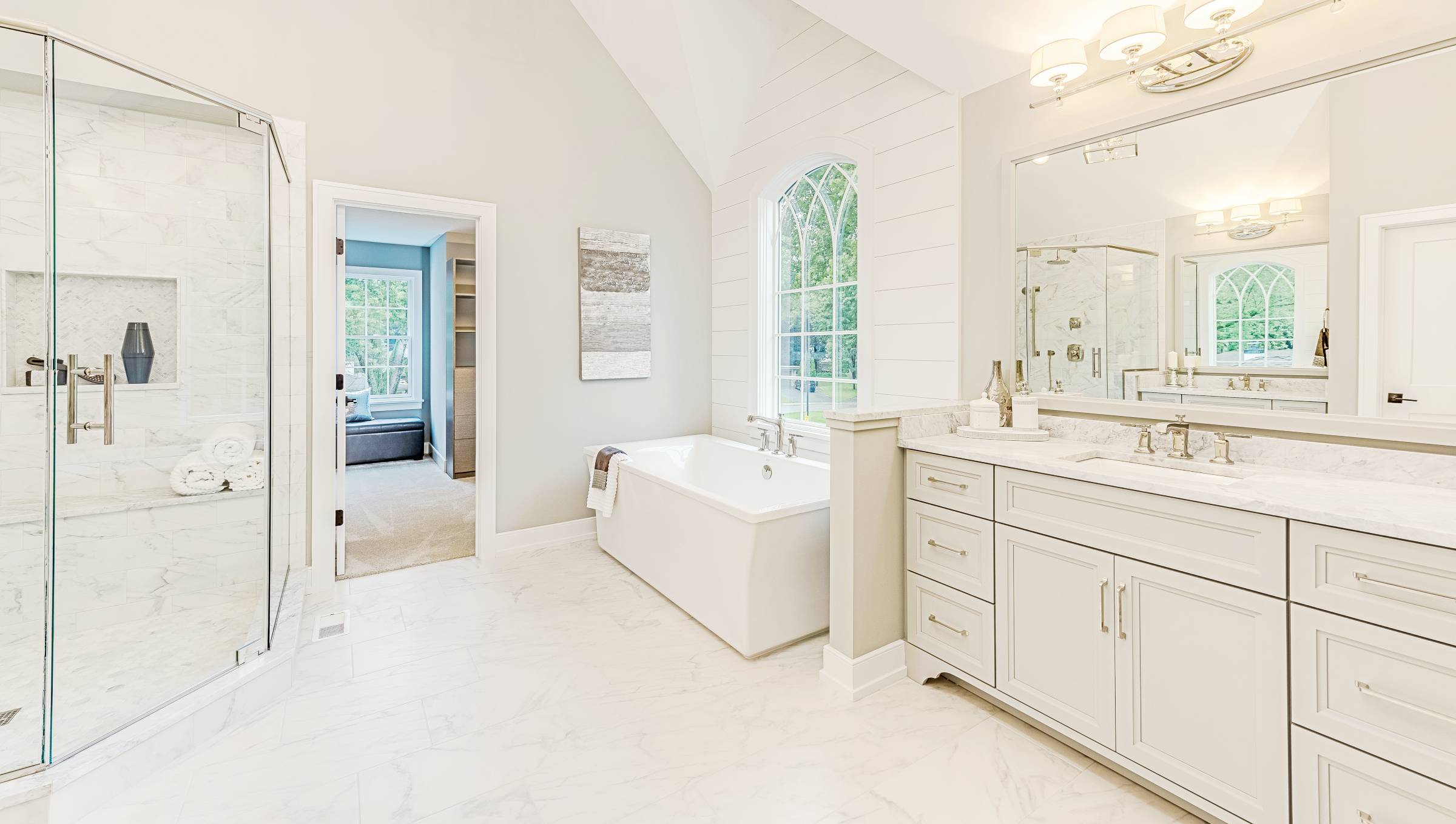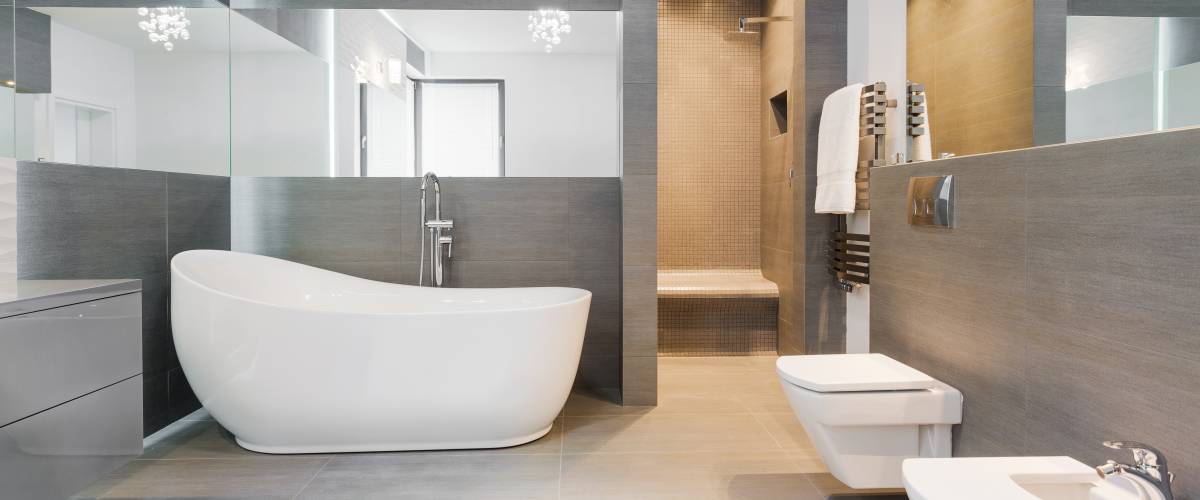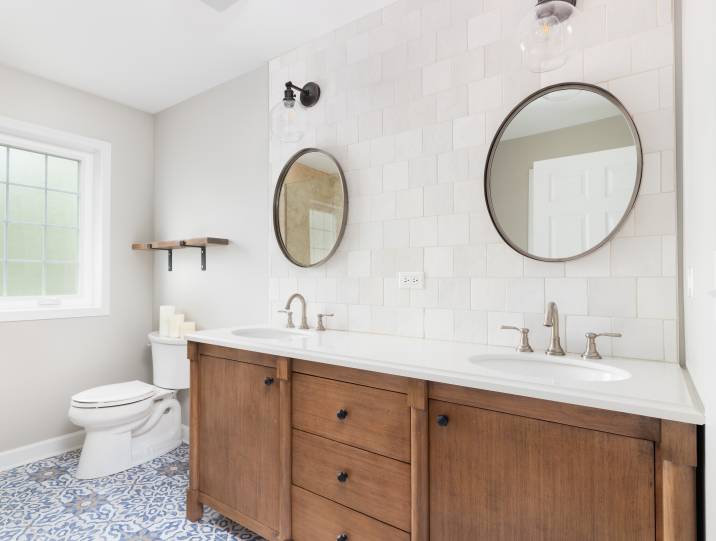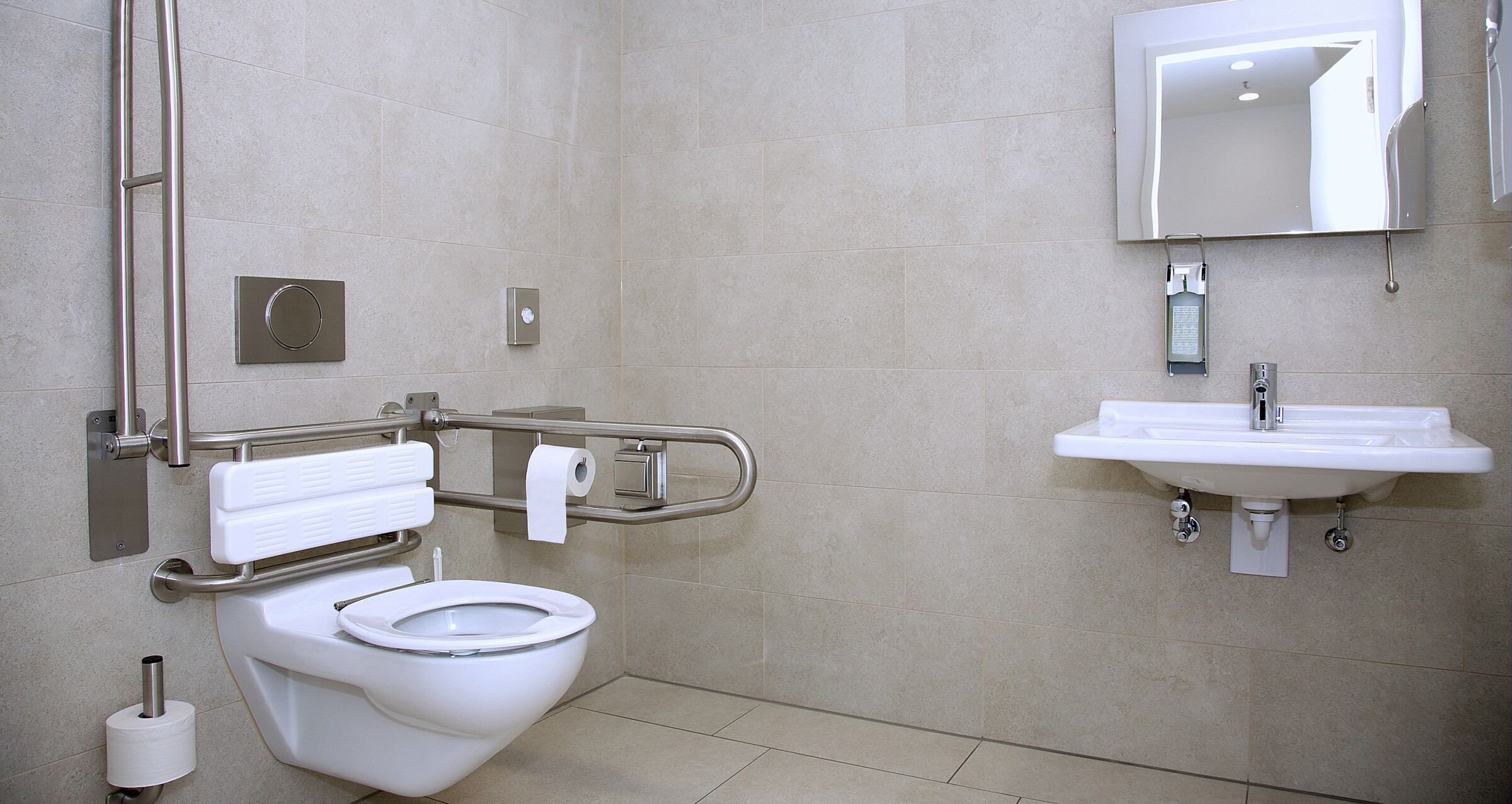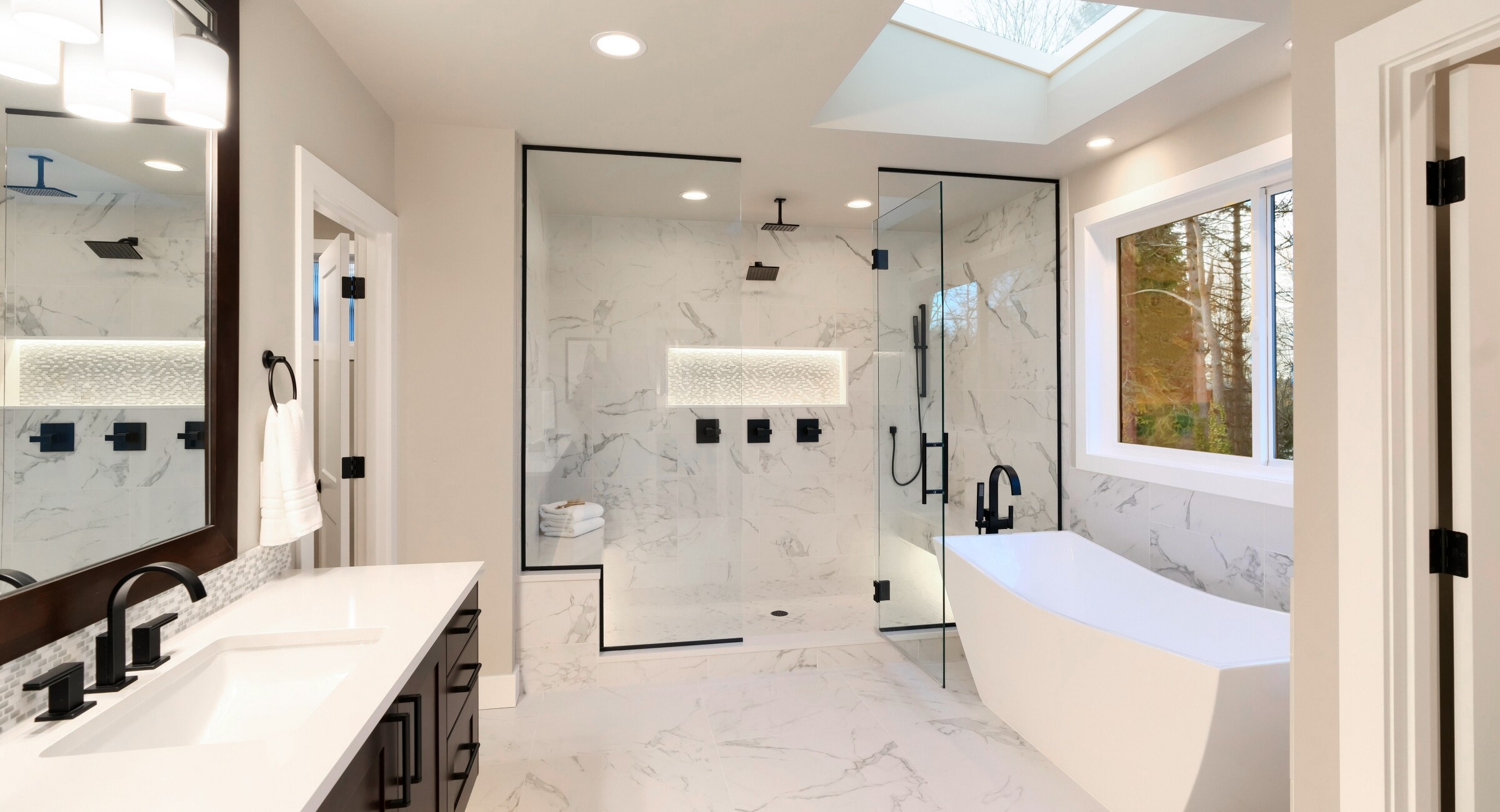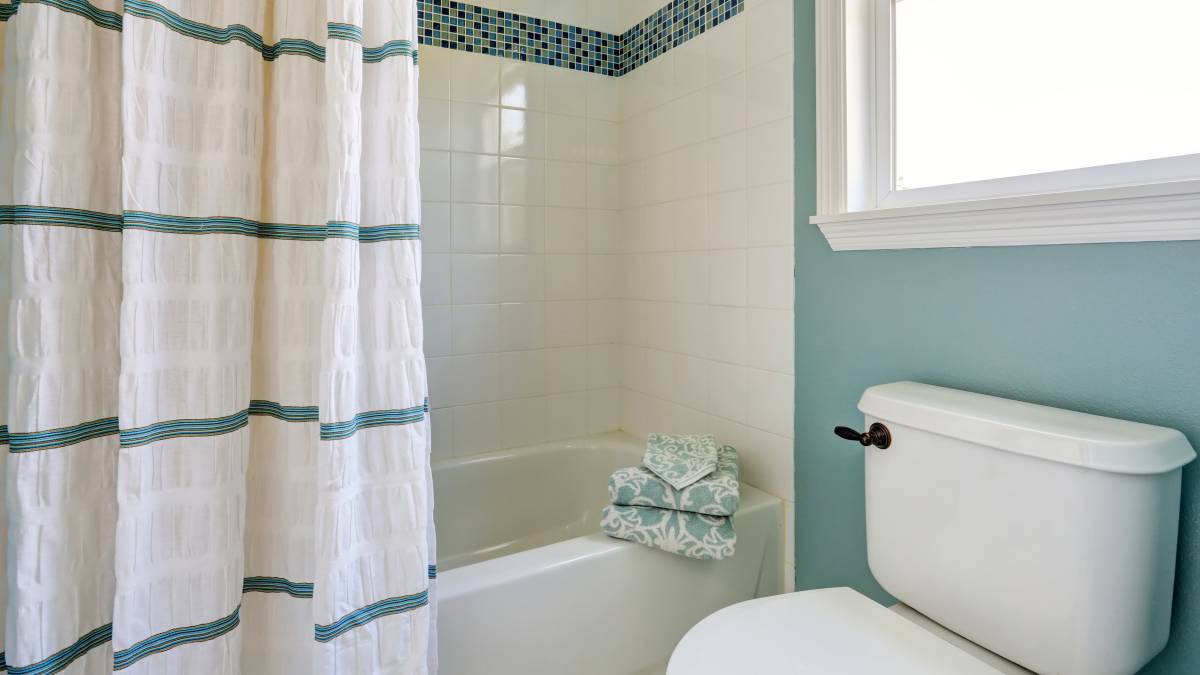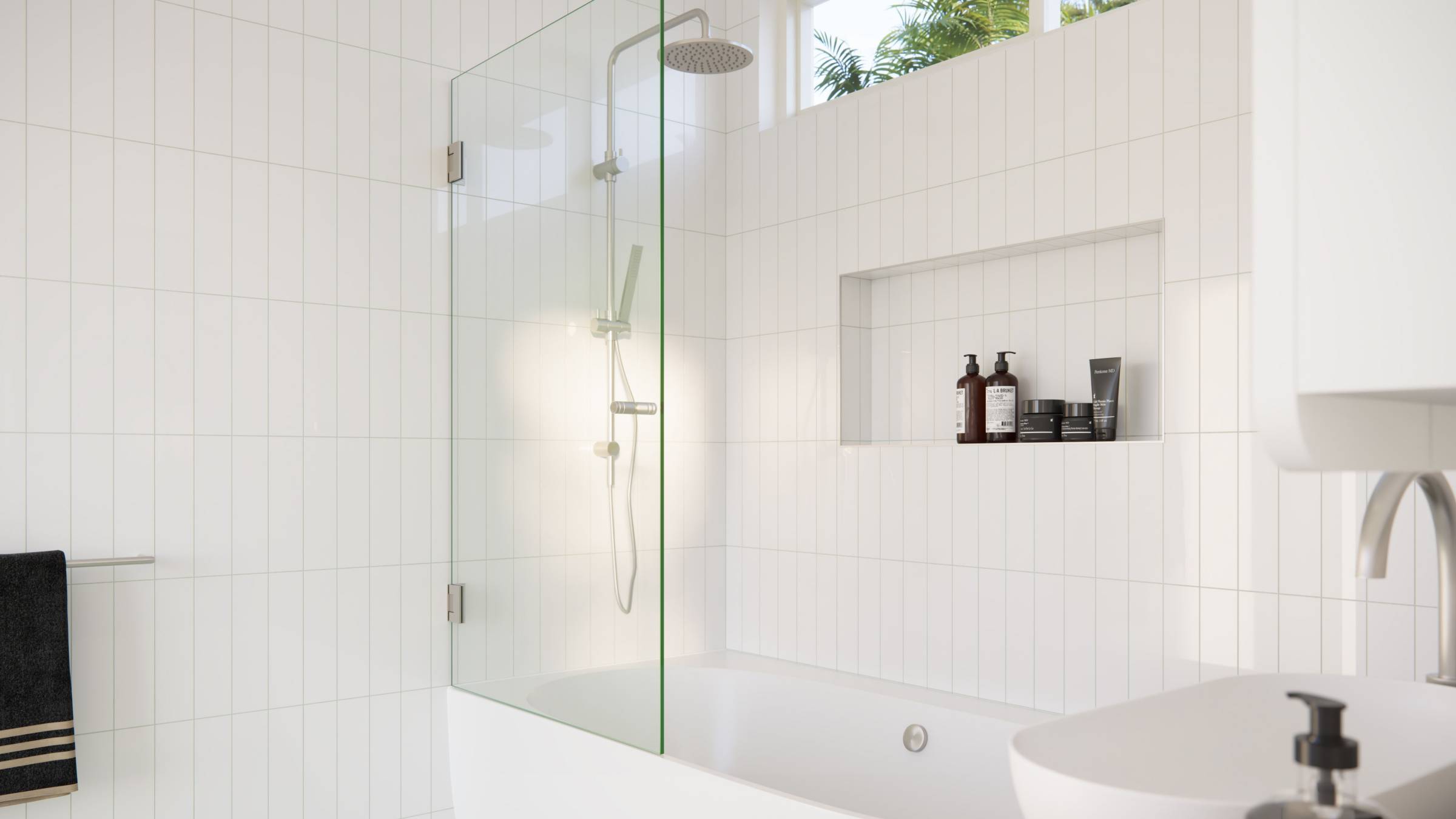- Home/
- Guides/
- Bathroom Renovation/
- Bathroom Renovation Requirements

Bathroom renovation requirements in Australia
Starting a bathroom renovation project? Find out bathroom renovation requirements in Australia to get started.
Find a bathroom renovatorLast Updated on
What to Know:
Determine whether you need major renovations (like those involving structural alterations) or only minor changes for your bathroom.
Permits and licences vary by state; contacting your local council is important to ensure your requirements are in order.
Engage a reputable building surveyor to inspect your bathroom renovation project.
Renovating an existing bathroom, especially as an owner-builder, is no easy task. Whether you’re envisioning design changes or a major teardown, the key is careful planning. Among the things you should primarily consider are the complexity of the project, your budget, and how long you anticipate completing the renovation. To avoid surprises during renovation, you should also be aware of building regulations.
Depending on the extent of bathroom renovations you need, you must meet certain water and bathroom regulations according to Australian standards. Read on to learn more about bathroom renovation requirements.
Major vs minor bathroom renovations
Before you remodel your bathroom, how do you know when permits and approvals are required? First, we need to differentiate between major and minor bathroom renovations.
Major bathroom renovations include structural changes—which means you would be removing or altering walls or structures that may affect the home’s structural soundness. It also includes window and door alterations, extensions beyond your existing bathroom’s building blueprint, installation of objects that may need additional structural support, and changes to drainage, electrical work, and gas.
Minor bathroom renovations are much simpler, often cosmetic changes, such as replacing cabinets, tiles, fixtures, mirrors, or lighting fixtures.
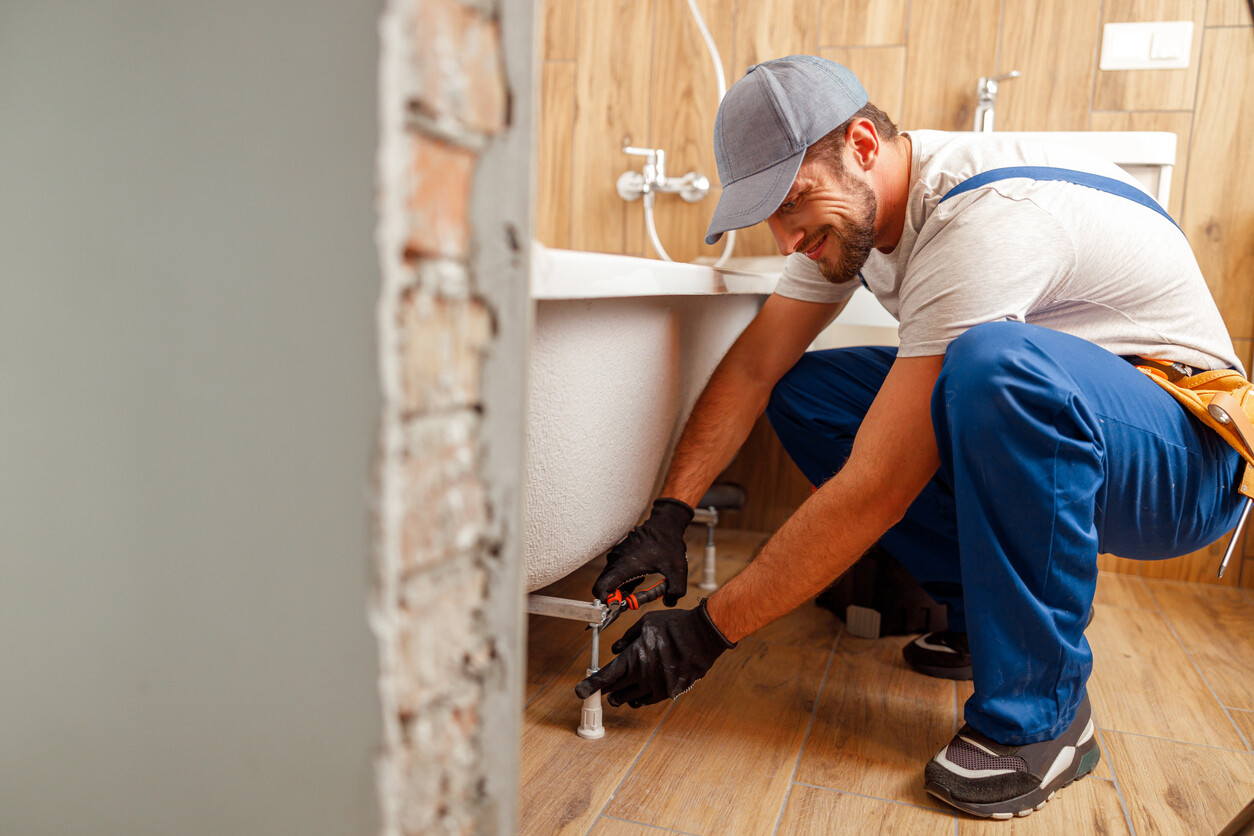
While some regulations are generally standardised across Australia, obtaining specific permits and licences differs between states. For instance:
Queensland requires planning and demolition approval on buildings older than 1946.
In Tasmania, kitchen and bathroom renovations require a certificate for compliance.
Victoria requires only registered building professionals to perform structural work.
In New South Wales, any project costing over $5,000 will require a licenced contractor.
Some states require permits for additional work, such as a waterproofing licence or a permit to replace rotten timber.
You should always check with your local council to obtain necessary permits if you’re planning major renovations to ensure you follow regulations and building codes.
Types of permits
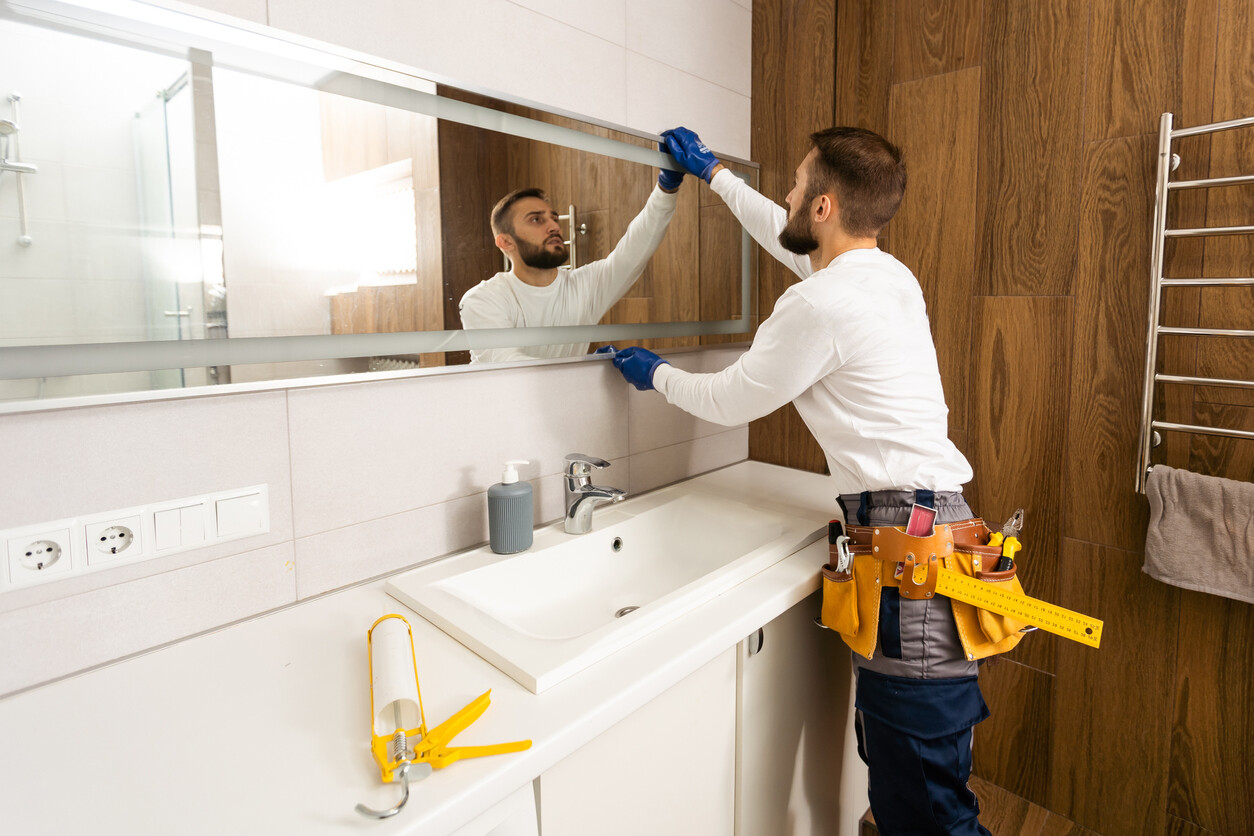
Depending on where you live, you may be required to secure different permits for your renovation. Here are some of the most common permits and when they are needed:
Planning permit: Issued by local councils to permit the use of a property or land in a certain way. It may be required for some renovations.
Demolition permit: Required for demolishing any existing dwelling and its structures or fixtures.
Building permit: Written approval from a private or municipal surveyor that certifies proposed renovations comply with building regulations.
4 Steps in securing a permit

You may need a permit for planning before getting building permits for more complex renovations. Your local council issues these, so contact your local council for detailed requirements. To secure a building permit, follow these steps:
Step 1: Contact a municipal or private building surveyor.
It’s important to engage your building surveyor from the beginning; they can advise you on specific documentation needed for approval. They will notify the relevant council that they’ve been appointed to complete the project.
Step 2: Prepare the necessary documents.
Before filling out an application to get a permit, you should have the following documents ready:
- Title documents
- Structural drawings; site and floor plan
- Plumbing, electrical, and engineering details, if necessary
- Detailed description of work, including materials and design
- Any other documentation your surveyor deems necessary
Step 3: Submit your application and pay fees.
Fill out a building permit application form to submit to your surveyor and settle any required fees. Your surveyor will then assess your application.
Step 4: Wait for approval.
Once your building permit is issued, your building surveyor inspects the key stages of your renovation to ensure that they are completed per regulations, including the final inspection.
Relevant government websites
To find out more about building codes and regulations and what you need to stay compliant, visit the following websites:
Resource: When is a building permit required?
Start your bathroom renovation project
Whether renovating your bathroom fills your head with grand ideas—from design trends to complicated different layouts—or unnerves you, no need to fret. While it will take a lot of work, all you need to stay on top of your bathroom renovation project is proper planning and knowing where to go to satisfy requirements.
When in doubt, contact your local council for more information. Also, consider hiring bathroom designers, contractors, and professionals who comply with your state’s requirements. Find professionals to start your bathroom renovation journey with you on Airtasker.
FAQs on bathroom renovation permit requirements
It depends on the extent of your renovation and where you live. In general, if a renovation needs a building permit, you’ll need a surveyor who will notify your local council of the renovation project.
You will generally only need building permits if your renovation entails structural work. Contact your local council for more information.
This depends on where you live and the complexity of your project. For instance, some states may require heavy renovations to be carried out by registered builders—in which case, you will need to hire a licenced builder.
Find bathroom renovators, fast
Find a bathroom renovator
Related articles
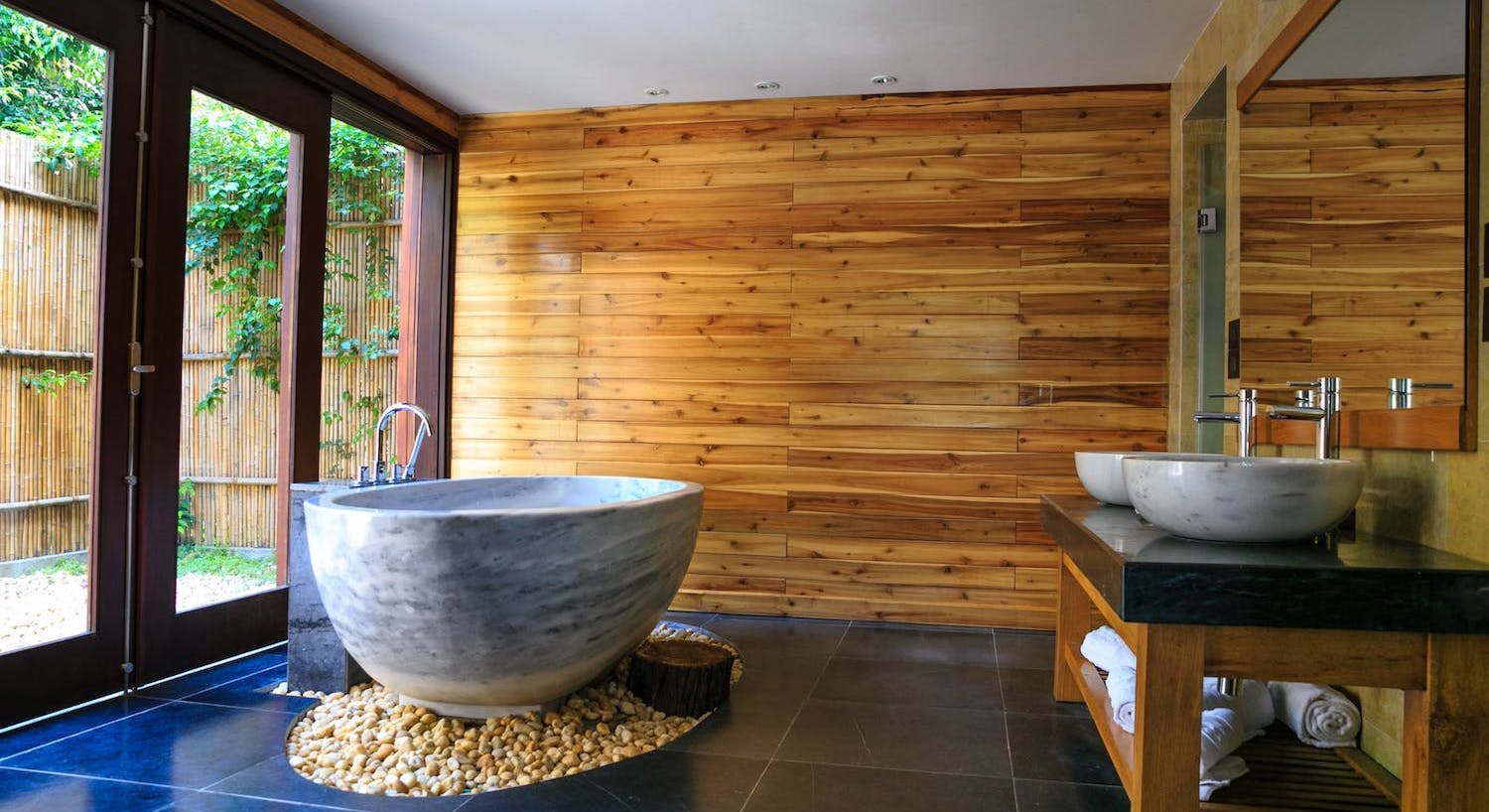
How to Remodel a Bathroom
Read more
Related price guides
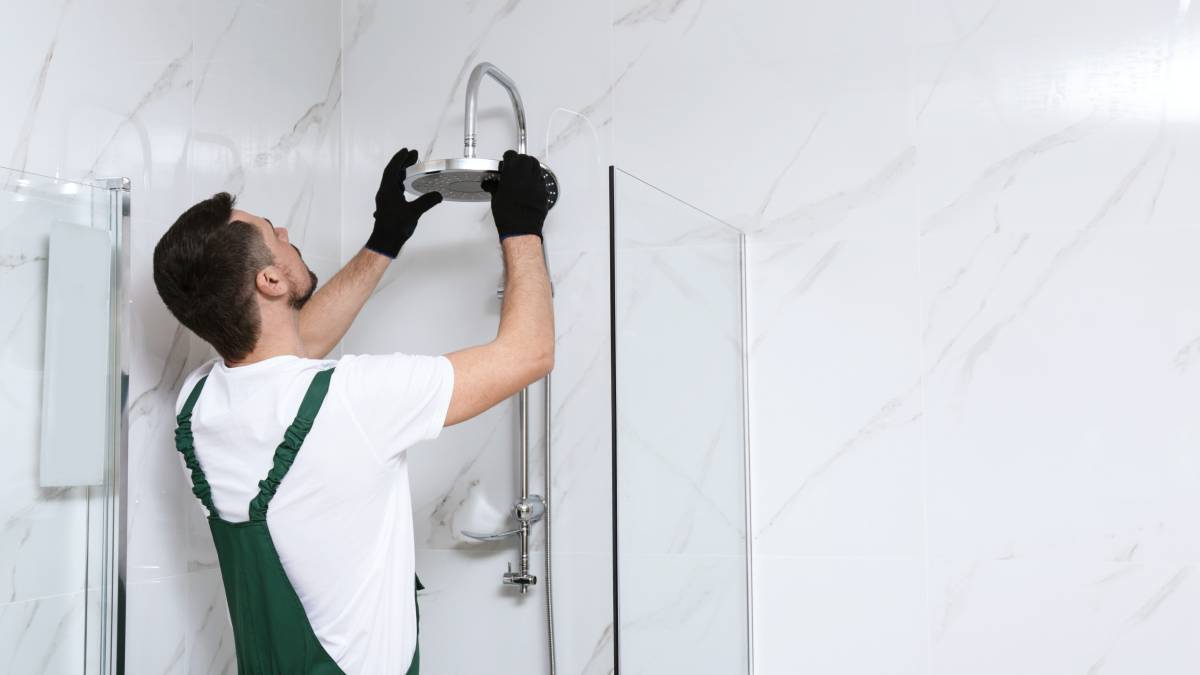
How much does a new bathroom cost?
Read more

